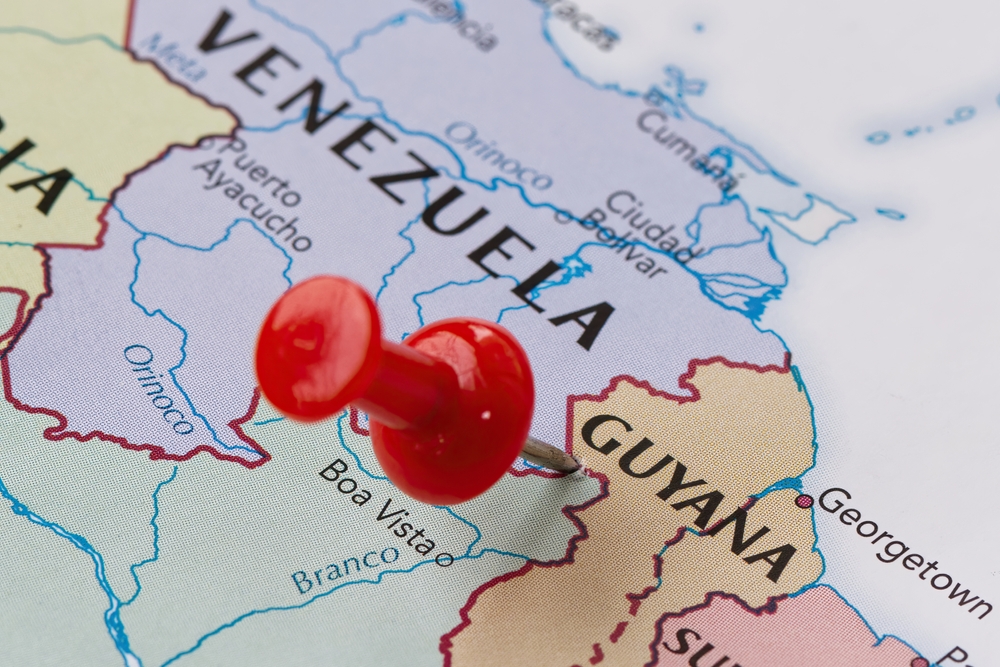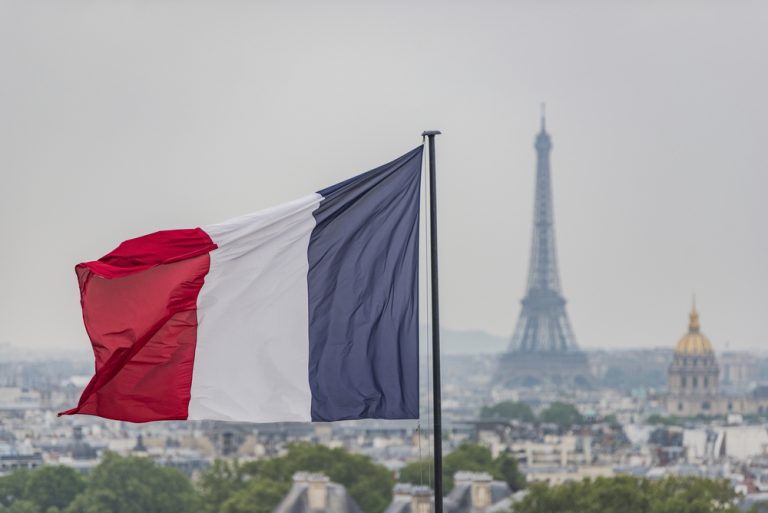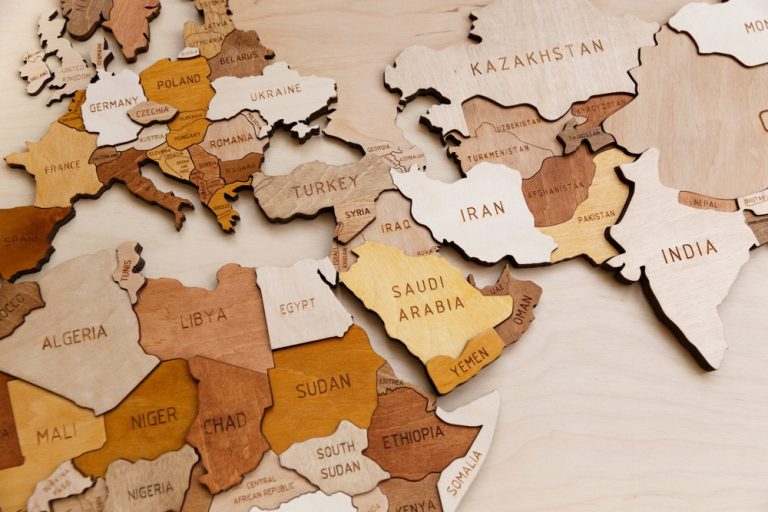
Oil companies have declared “war” on each other, but Venezuela and Guyana have been sent to the front lines
The political and military tension between Venezuela and Guyana over the Essequibo region, which emerged in the fall of 2023, seemed to have the potential to plunge the whole of South America into a full-scale conflict, in which the U.S. and some other countries in the region could have been drawn. However, bloodshed has been avoided for the time being. On December 15, Venezuelan President Nicolas Maduro and Guyana’s President Irfaan Ali said they would not use force in the territorial dispute. An important compromise was reached at the end of a one-day summit, which was held in Kingstown on the island of St. Vincent. In particular, the two countries agreed not to threaten or use force against each other under any circumstances, and to refrain from escalating the conflict. Maduro and Ali also agreed to create a commission at the level of foreign ministers to interact on the Essequibo issue and to meet again in the next three months. But this can hardly be considered the end of tensions, because Venezuela and Guyana’s positions on the Essequibo region are still very much at odds. Guyana believes that the territorial conflict should be resolved by the UN International Court of Justice, while Venezuela does not recognize its jurisdiction in the dispute. The dispute between Venezuela and Guyana over oil-rich Essequibo has a long history. Venezuela believes the territory was within its borders during the Spanish colonial period and disagrees with the 1899 ruling of the International Award of the Tribunal of Arbitration, which placed Essequibo in what was then British Guiana. In December 2023, Venezuelan authorities held a referendum in the country on the annexation of Essequibo, in which more than 95% of voters supported the annexation of the region. On December 9, Venezuelan President Nicolas Maduro signed a series of decrees implying the incorporation of Essequibo into the country. In particular, one of the decrees Maduro appointed Alexis Rodriguez Cabello as the head of the state of Guyana-Essequibo. Against this background, the sudden “reconciliation” after militaristic statements from both sides seemed strange. However, if one knows that this is not a “war” between two sovereign states, but rather between American oil companies, with an equally long history linked to U.S.-Venezuelan oil diplomacy, everything falls into place.
It is indicative that Washington panicked over the situation with Venezuela and Guyana. There were two points of view, according to the first of which Maduro is trying to get himself more favorable terms in the issue of lifting sanctions. The second one promoted the view that he is ready for a real war. The Pentagon is leaning towards the second one at least based on its own political interests, so it urgently sent military advisers to Guyana, but still the first version is more logical and interesting, explaining the fact that the war has not started yet. After the referendum, Maduro did order border exercises, and Venezuelan activists are already actively “entering” Guyana’s border villages, removing local flags and planting Venezuelan ones. Still, this is a political-economic, not an armed confrontation. Caracas recently sold out the U.S. authorities, winning sanctions relief and access to the U.S. market for its oil. At the same time, Maduro did not allow the opposition to participate in the 2024 elections, nor did he release Americans from detention, as Washington demanded. Against this background, Maduro has managed to establish friendly relations with Colombia’s leftist President Gustavo Petro and Brazilian leader Lula da Silva. This could unleash Venezuela’s hands in reclaiming part of Guyana, even though Brazil officially calls for de-escalation. In turn, Guyana’s economy is growing rapidly, and Exxon is investing billions of dollars there. Venezuelans are actively working with Exxon’s competitors from Chevron within the framework of “oil compromises” with the U.S., which imply an exchange of the country’s resources for the lifting of some sanctions. And it is possible that their trade will not even suffer, because the U.S. urgently needs Venezuelan oil, and the Pentagon’s ability to influence the conflict is limited, because it is already “tied up” in two wars in Ukraine and Gaza, where it participates indirectly, and morally not ready for a hot confrontation in South America. Therefore, Maduro is able to blackmail the U.S. quite successfully, and if he does not get concessions, he can actually conduct an operation, taking advantage of a convenient moment of complete dysfunction of Washington.

However, a peaceful compromise is 95% likely, because Biden’s agreements with Venezuela were jeopardized even before the confrontation began, and Washington will have to make concessions to Caracas one way or another. As we have already written, the White House recently eased sanctions for the sake of resuming Venezuelan oil exports. In exchange, the country’s authorities signed a pact with the opposition to hold elections in 2024. The opposition immediately organized primaries, taking an example from America. Maria Corina Machado, a former MP and fierce opponent of Juan Guaido, who recently fled to Florida under the tutelage of Ron DeSantis. Machado is called the “iron lady” of the Venezuelan opposition, and she advocates rapprochement with the United States, liberal reforms and privatization of the economy, including the oil giant PDVSA. It is true that the authorities banned Machado from going to the polls in advance for his involvement in the 2019 coup, and recently still the Venezuelan Supreme Court annulled the results of the primaries and seized all documents as well as ballots. As a result, the Venezuelan opposition is once again in a state of complete confusion. This puts Biden, already criticized by Republicans for bowing to Caracas, in a humiliating position. But the truth is that the White House critically needs stable and inexpensive oil imports, and Venezuela can supply more than a million barrels of oil a day to the United States. In addition, without Caracas, it is impossible to solve the migration crisis at the U.S. border, which was stormed by 50,000 Venezuelans in the fall. Dallas, Chicago and Miami are already actively complaining about Venezuelan mob violence, so Caracas realizes that they have all the trump cards in their hands. If Biden refuses the deal or is too zealous on the Essequibo issue, fuel prices will go up again, and he is ready to make political sacrifices for the sake of economic stability.
Against this backdrop, the Venezuelan presidentis feeling confident, and the real shock in Washington came when Venezuelan President Maduro traveled to the Latin America summit in Brazil. Lula da Silva greeted Maduro as a good friend and promised to fully normalize trade relations, while he called U.S. sanctions against Venezuela something worse than war. Venezuela’s three-year blockade is now finally crumbling. Chile has sent its ambassador to Caracas for the first time since 2018, and Colombia, along with Brazil, is fully opening the border to general trade, which will allow the Venezuelan economy to start recovering. Lula da Silva supported Venezuela joining BRICS, and outlined the recreation of the Union of South American Nations, an organization from the 2000s that aimed to curb U.S. influence in the region. Last year, Lula also proposed the creation of a common foreign trade currency for all Latin American countries to reduce dependence on the dollar. In the U.S., attacks on Lula have intensified, and he has been accused of pursuing an overly independent foreign policy, refusing to sell arms to Ukraine, cooperating with Russia and China, and now supporting Venezuela. But Lula’s policies only epitomize the whole tectonic shift taking place in Latin America with the left turn and the weakening of the U.S. position. The fact that the region, which Washington has traditionally considered its backyard, is now dominated by China and strengthened by Russia is what is particularly displeasing to the U.S. In particular, this is why Washington is forced to negotiate with Caracas, having no power to advance its position by force. In America, national interests have already been superseded by the desires of corporations such as Exxon or Chevron. And it is more convenient for them to find a peaceful solution to the Essequibo problem for the sake of profitable and quiet business. But if the situation suddenly changes, the reason will not be Biden’s will, but the need of American oil companies to send Venezuela and Guyana to the front.


Average Rating